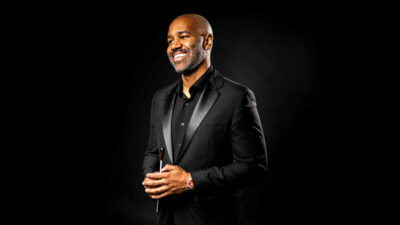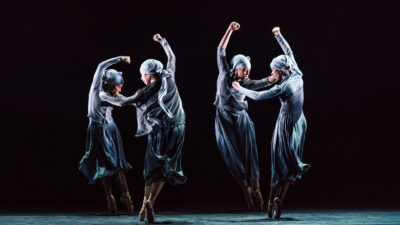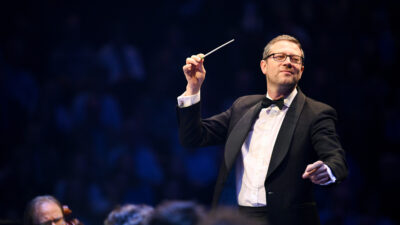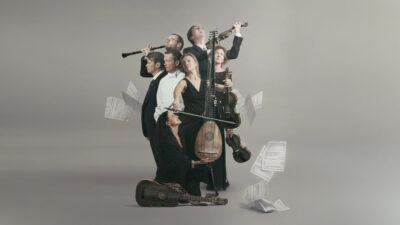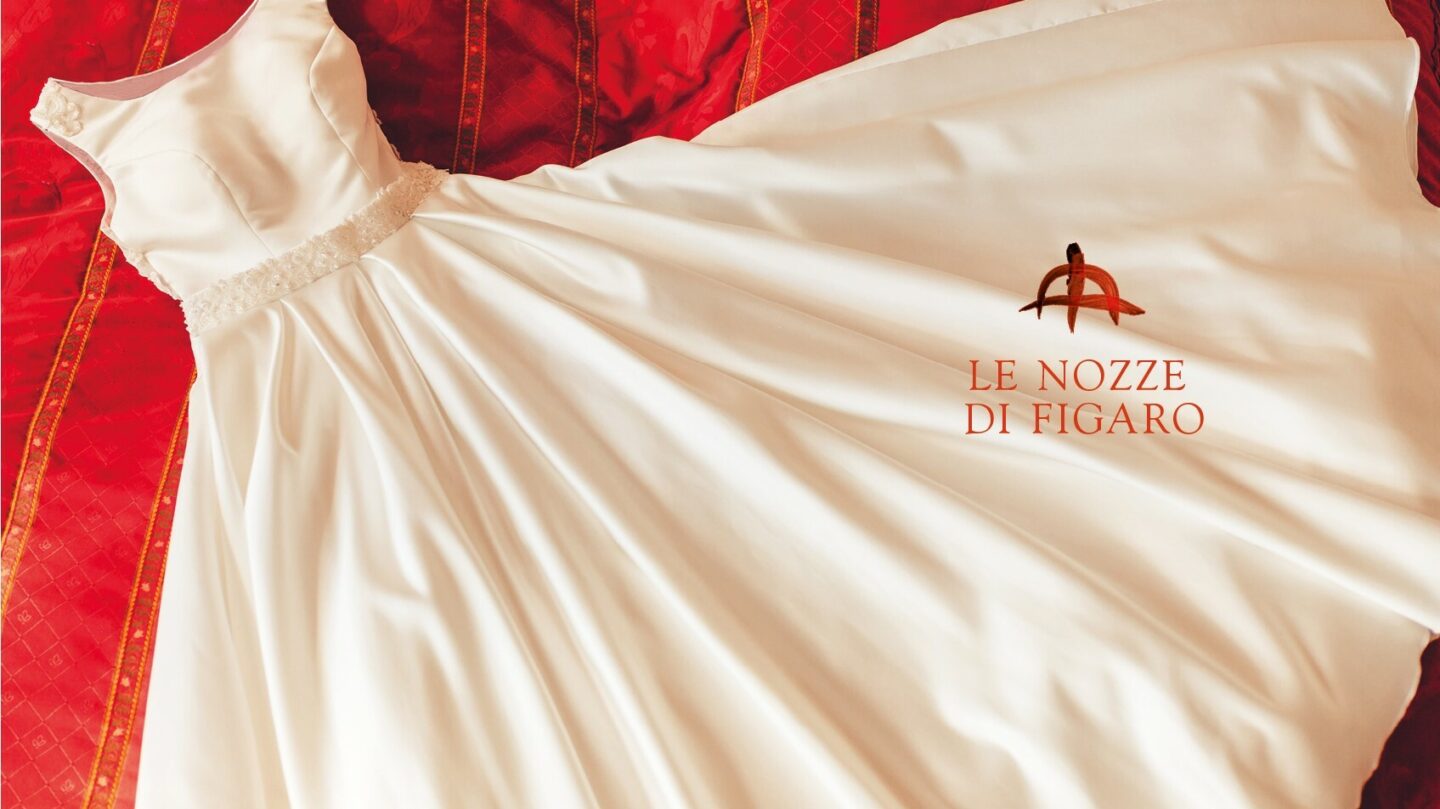
Le nozze di Figaro
‘The best opera ever written by a human being’*
Overview
Revealing truth, virtue and beauty as no other opera. Figaro is Mozart’s operatic masterpiece, an irresistible blend of musical wit and social satire. ‘The best opera ever written by a human being’ has the capacity to be as transformative an experience as can be had in a theatre.
The Grange Festival’s new production by Martin Lloyd-Evans, who created the magical Mansfield Park at The Grange in 2017, conducted by Richard Egarr with The Academy of Ancient Music, presents a cast of some of Europe’s brightest young artists.
A score fizzing with life and melody brings song to Beaumarchais’ provocative play, and colour to his captivating cast of characters – from the lascivious Count and bombastic Dr Bartolo to the gawky teenage Cherubino, charismatic Figaro and of course his endlessly resourceful wife-to-be Susanna.
* Sir Isaiah Berlin Desert Island Discs 1992
Previously shown in 2019. Discover the world-class opera, classical music, and dance performances in our 2025 festival lineup.
- Composer — Wolfgang Amadeus Mozart
- Librettist — Lorenzo Da Ponte
- Orchestra — The Academy of Ancient Music
- Language — Sung in Italian
Production Team
Synopsis
- Previous Slide
- Next Slide
- Act I
- Act II
- Act III
- Act IV
~ Act I ~
In the 18th century, in Spain, this story takes place on the wedding day of Figaro and Susanna, Count Almaviva’s servants. Figaro is surprised to hear Susanna’s confession: she is being pursued by the Count. Figaro gets angry, and vows to foil the Count’s intentions.
~ Act II ~
Figaro plans his strategy. Susanna will write to the Count agreeing to a rendezvous, but they will send the adolescent page, Cherubino, dressed in women’s clothes. Figaro and Susanna get the Countess’s consent. When they are disguising Cherubino, the Count unexpectedly arrives. Unfortunately, Figaro’s plan failed.
Then Marcellina, an elderly woman, appears there with her lawyer, Bartolo. They remind Figaro of the promise he made to marry Marcellina if he failed to pay back the loan she made to him. Figaro and Susanna’s plans to marry seem to be lost.
~ Act III ~
But a big new truth is revealed: that Figaro was an abandoned baby and is the long-lost son of Bartolo and Marcellina. Figaro and his parents embrace each other. Susanna joins them. Figaro and Susanna’s plans to marry go ahead without interruption. And Bartolo and Marcellina also marry, resulting in a double wedding.
However, the Count... is still trying to seduce Susanna. The Countess is amazed at his foolishness. She decides that she will disguise herself as Susanna and meet him in the garden that night…
~ Act IV ~
…when the Count goes to meet Susanna in the garden. He makes a move on his wife who is dressed in Susanna’s clothes. The Countess can get evidence of his affair. She then reveals herself to him. The Count realises that his lover is his wife and is dumbfounded. The Countess forgives her husband who regrets what he had done.
Cast
-
Ellie Laugharne Susanna
Reviews
With a fine cast and a production of rare wit and poignancy, this is one of those occasions which reminds us that Le nozze di Figar is truely one of life's great operatic experiences
Ellie Laugharne stood out as Susanna for clarity of tone and quality of legato; tightly-wound, she showed just the right combination of frustration and amusement. Barely able to conceal her physical repulsion of Almaviva, we were given a women determined to do her utmost to take control of her fate
Lloyd-Evans and his team ensured that the closing miracle of forgiveness and reconciliation worked its magic without cynicism, with Mihai's Countess no longer a scorned, frantic victim but a vision of healing grace
Ellie Laugharne's grounded Susanna and Mihai's sorrowful Countess offer real depth of feeling, and the opera's final healing message of love and forgiveness rings completely true
Wallis Giunta's Cherubino balances the layered artifice of appearing boyish while more than once playing a boy playing a girl; her innate vocal warmth lends her pubertal pageboy a winning appeal
Become part of The Grange Festival
We rely on the generosity of our Members and Patrons to create an extraordinary Festival that connects, inspires, and reaches communities across Hampshire and the UK.
Support us with a Patron donation or become a Member. Together, we keep the arts alive, bold, independent, and capable of touching hearts for generations.
